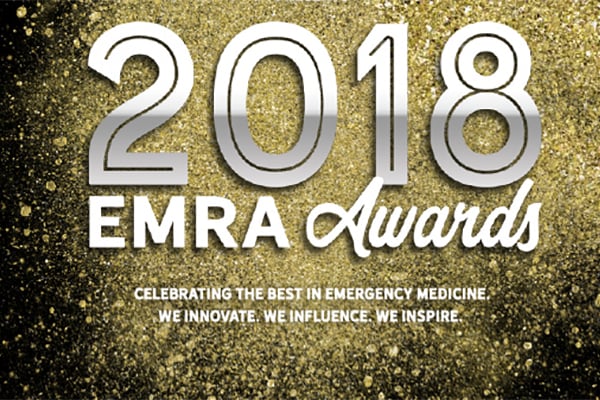Fourth Year Schedule
There are a few topics that continually come up while planning the remainder of your medical education. Listed below are some helpful hints that can make the process of planning your fourth year a little less intimidating. By taking care to address these issues early on, you can enjoy a productive and educational final year of medical school.
The fourth year schedule is driven by a few factors.
The first and most obvious is getting those required letters of recommendation. You will want to schedule your required EM rotations early in fourth year and have them completed, ideally, by the end of September at the latest. Your letters of recommendation should be submitted as early as possible, so as not to delay your application. However, programs understand that letter writers can be late, and most programs will continue to accept letters until November 1.
Seek out EM rotations at programs with known faculty in the field.
A reference letter from them will go a long way. If your school does not have a strong EM program, look at outside facilities to gain the exposure and experience. Remember, if you are asking for a reference letter from an Emergency Medicine rotation, the Standard Letter of Recommendation (SLOR) is preferred, if not required, by most EM Programs. You can read more about SLORs on the CORD website.
Once your EM rotations are secured, begin thinking about the second factor this year: USMLE Step II CK (or COMLEX Level 2-CE)!
There are two ways to go about this. One approach is to take it early in fourth year in hopes of a good score to boost your chances of shining for the programs of your choice. This can be risky though if you are not a great test taker. Most programs do not require Step II scores on the initial application, so unless you need the Step II score to make up for a mediocre Step I, or you are very confident you will do well, you may want to hold off on taking the exam. Some programs, however, may require that you pass Step II before their rank list is due. Be sure to check if your school requires you to take the exam before a certain date. While most schools require that you pass Step II CS before you graduate, most programs do not require it.
The last part of the fourth year schedule revolves around filling in those electives and making sure you leave some time for interviews.
Ideally, the rotations you choose for the November through the end of January should be less stressful so you have the flexibility to schedule interviews. You may even want to consider taking a month off in either December or January to allow yourself to schedule and travel to all of your interviews during that time. What you do with the rest of your schedule is really up to you. Many suggest doing rotations that will give you additional exposure to fields you will not rotate through during your residency. A rotation in oncology or a specialized IM rotation like rheumatology may interest you. Others suggest electives in topics like pediatric emergency medicine, ophthalmology, critical care, pulmonary medicine, EKG reading, OB/GYN, or radiology. These rotations will give you additional background in areas commonly dealt with in the Emergency Department and will provide a solid foundation for the start of residency. Don't forget to schedule well deserved vacation time, after successfully matching to the program you so whole-heartedly sought.
Reviewed/Edited 6/11
Revathi Jyothindran
Baylor College of Medicine
EMRA Medical Student Governing Council
Original Contribution: 1/01
Cecelia Colmer, MSIV
EMRA Medical Student Committee
Reviewed/Updated: 11/05
Tim Cheslock, MSIII
Lake Erie College of Osteopathic Medicine
EMRA Medical Student Council
Reviewed/Edited: 1/09
Janet Gregory, MSIV
University of North Texas – TCOM
EMRA Medical Student Governing Council
Related Content







